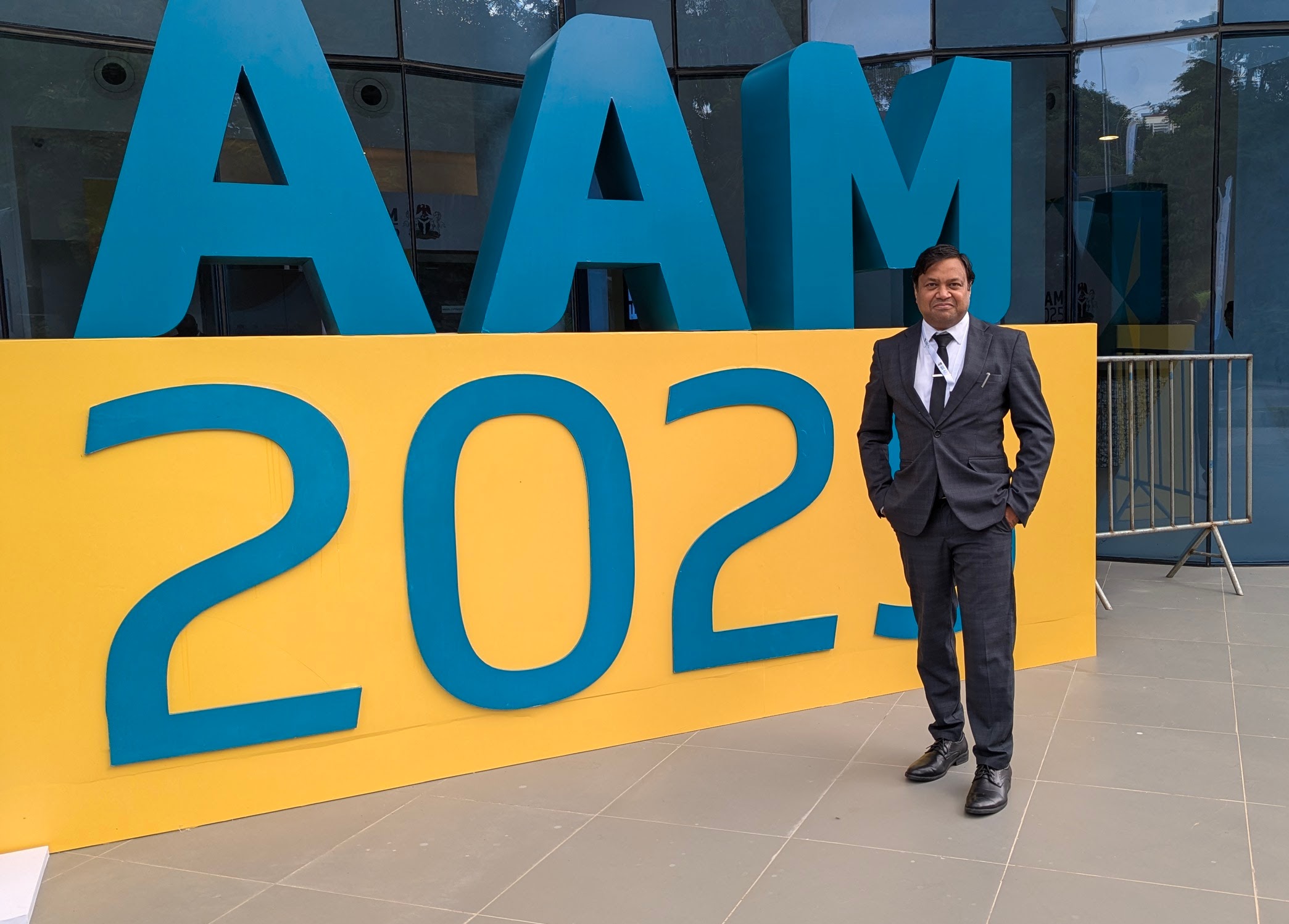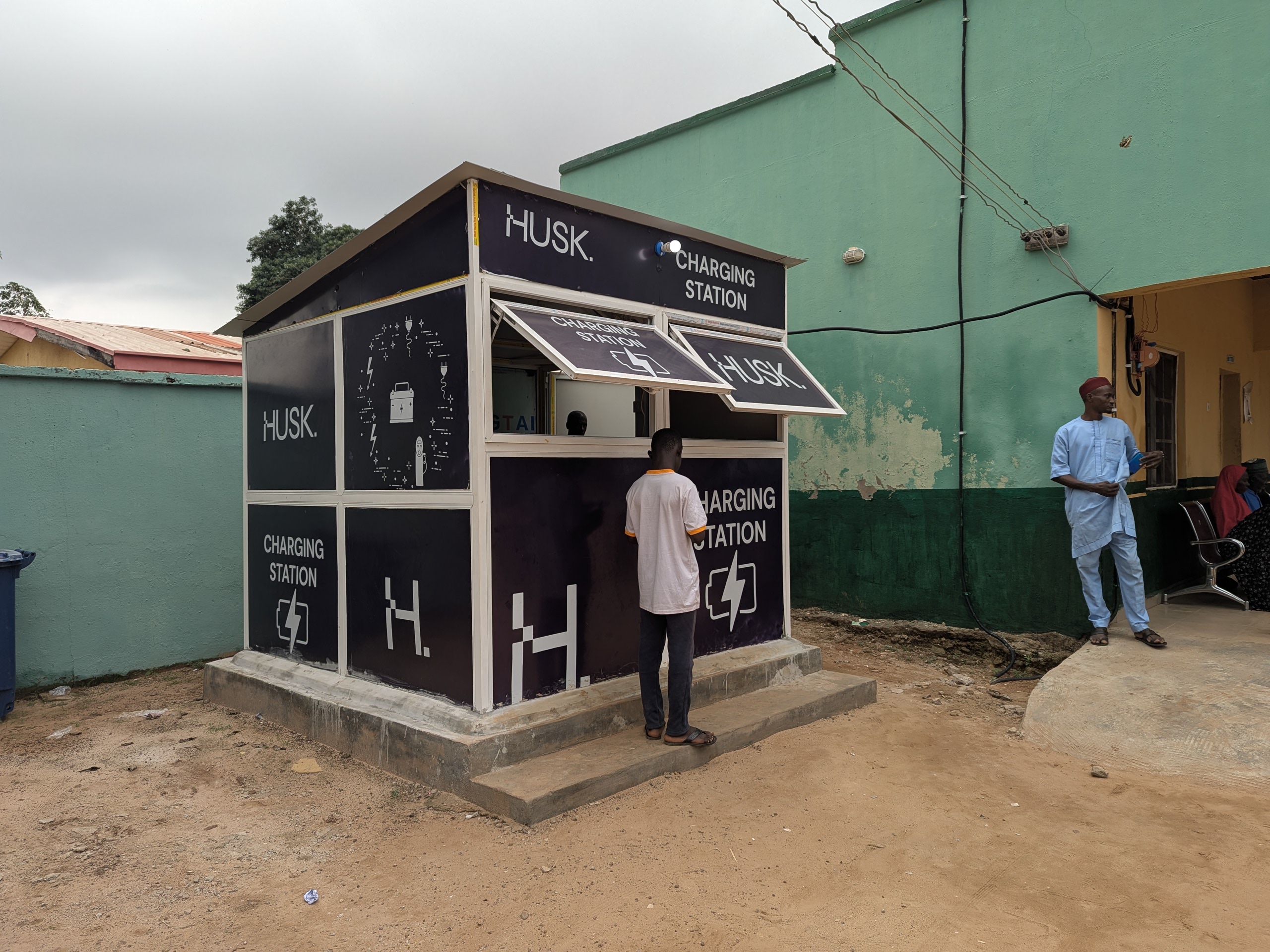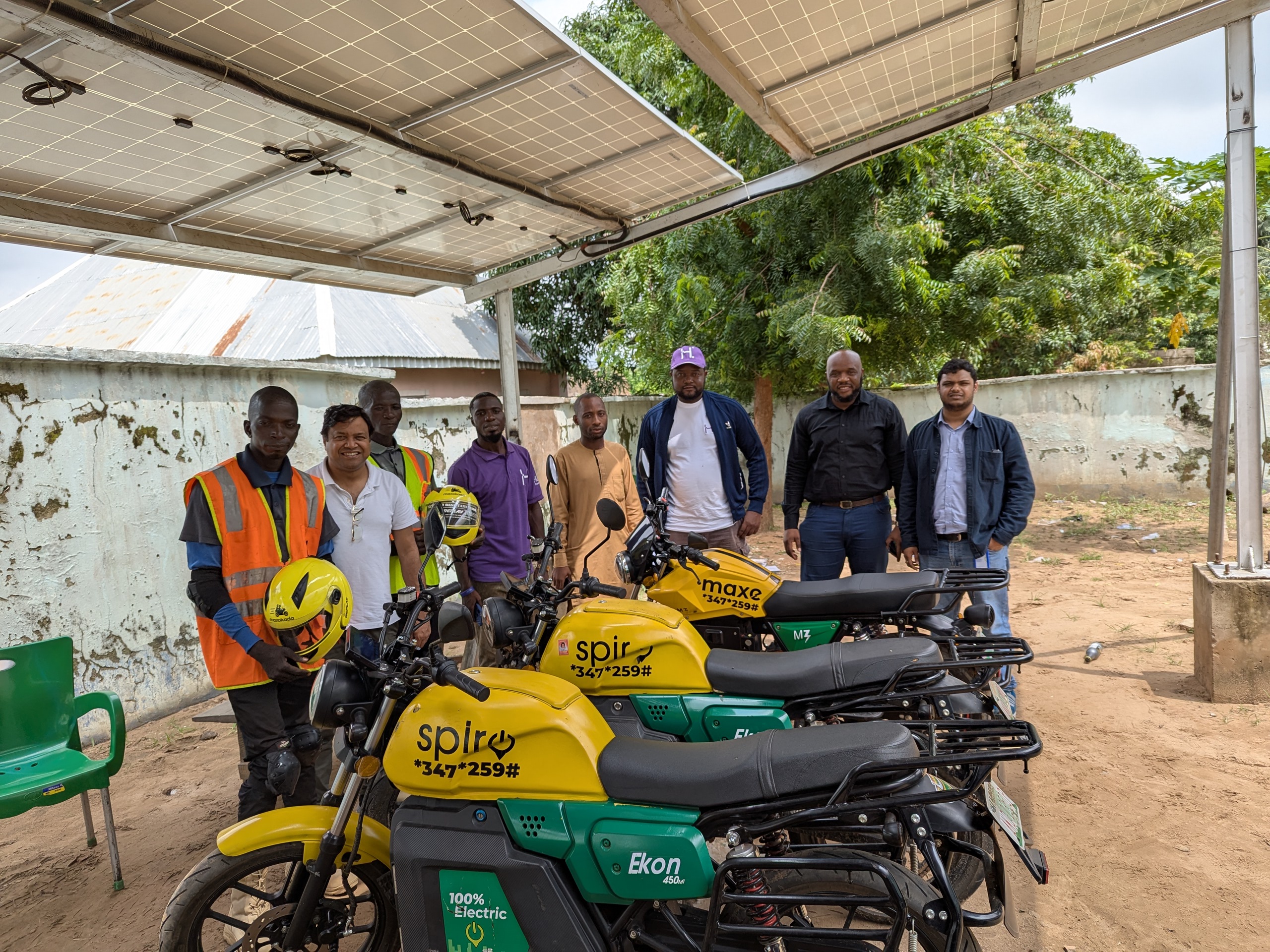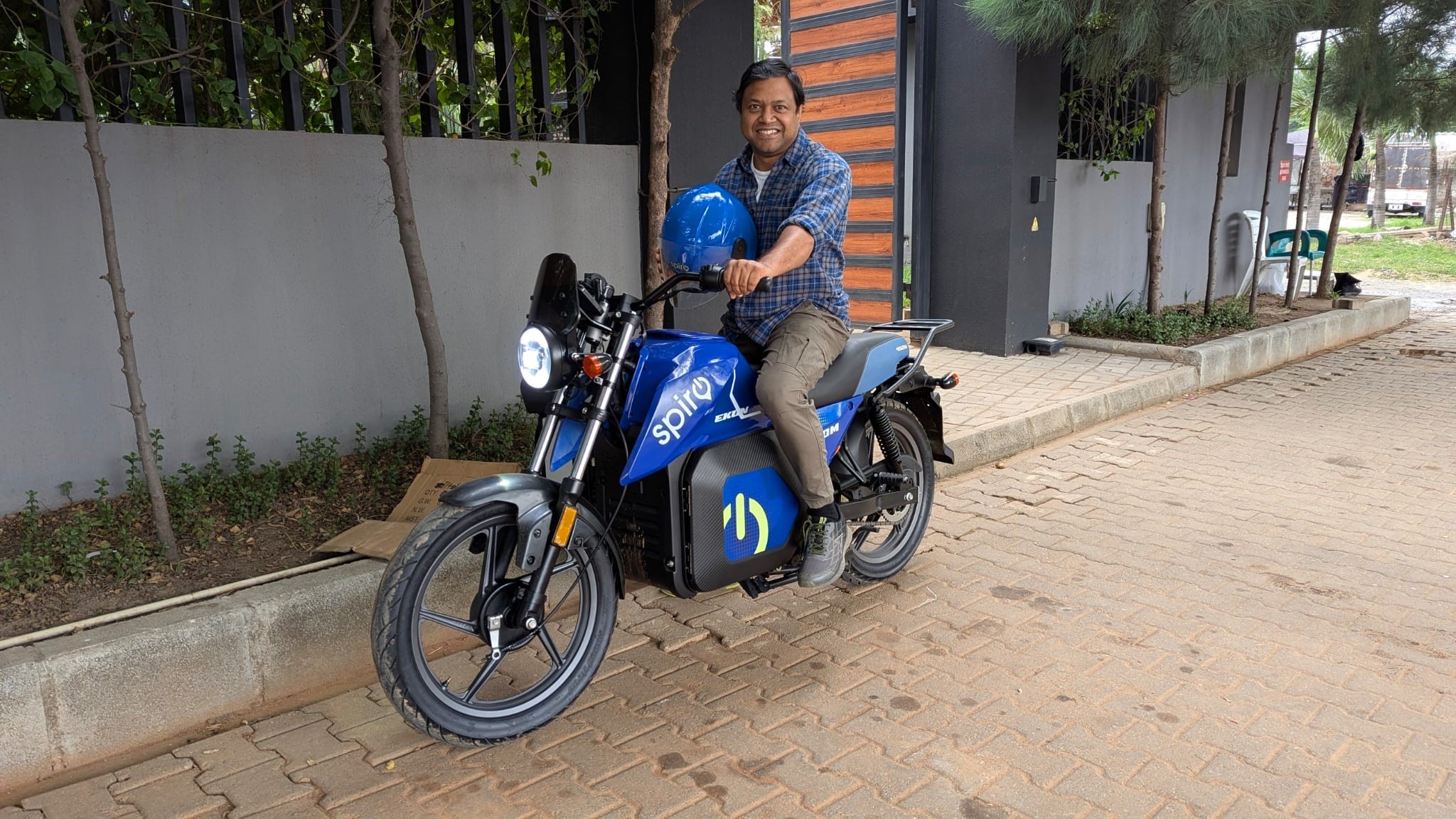Centre Director visits Nigeria
New opportunities for collaboration emerge as Amit Jain attends AAM 2025 in Abuja
 Amit Jain at the 32nd Afreximbank Annual Meetings in Nigeria.
Amit Jain at the 32nd Afreximbank Annual Meetings in Nigeria.
The Director of the NTU-SBF Centre for African Studies (CAS) was in Nigeria this month for the 32nd Afreximbank Annual Meetings (AAM2025). It marked a marked two significant milestones. The first, it returned to Nigeria 32 years after where its inaugural meeting took place. The second was that it capped the illustrious 10-year career of Dr Benedict Oramah’s tenure as President and Chairman of the Board of the Afreximbank, which saw the Bank’s assets grow from a mere US$5bn to over US$37bn. He spearheaded the creation of several strategic initiatives, including the Pan-African Payment and Settlement System (PAPSS), the Fund for Export Development in Africa (FEDA), and the Intra-African Trade Fair (IATF), all of which have become pillars of Africa’s trade and economic integration agenda. Dr Oramah also championed the development of AfrexInsure, MANSA (a due diligence repository), and the Africa Quality Assurance Centre (AQAC), reinforcing Afreximbank’s role as a catalyst for industrialisation, trade facilitation, and financial innovation across the continent. George Elombi succeeds Dr Oramah as the new President of the Afreximbank. His challenge would be a to expand the capital base of the bank from US$32bn to US$250 billion bank in ten years.
This year’s meeting was themed “Building the Future on Decades of Resilience.” The gathering brought together over 6,000 delegates, including African and Caribbean heads of state, ministers, central bank governors, business leaders, academics, and development partners.
The meetings were inaugurated with a powerful keynote by the President of Nigeria Bola Ahmed Tinubu, who emphasized the importance of intra-African trade and the African Continental Free Trade Area (AfCFTA). He called for deeper collaboration between African nations and the diaspora to unlock the continent’s economic potential. Dr Oramah highlighted Afreximbank’s achievements over the past three decades, including its pivotal role in financing trade, supporting industrialisation, and responding to global shocks such as the COVID-19 pandemic.
Discussions centred on how to scale up trade finance, reduce barriers to intra-African trade, and attract foreign direct investment. Notable contributions came from Nigerian billionaire industrialists Aliko Dangote and Tony Elumelu, who stressed the need for infrastructure development and entrepreneurship. A panel featuring respected economist Prof Jeffrey Sachs and Dr Kishore Mahbubani, the former Dean of the Lee Kuan Yew School of Public Policy, dwelled on African development challenges and how to overcome it. Former Jamaican Prime Minister PJ Patterson and AU Commissioner Ambassador Albert Muchanga called for a unified “Global Africa” strategy, which includes a number of Caribbean island states that are mostly populated by descendants of Africans who were forcibly taken from sub-Saharan African during the transatlantic slave trade which started in the 16th Century and ended 300 years later.
Several Memoranda of Understanding (MoUs) were signed, covering sectors such as renewable energy, agribusiness, infrastructure, and digital finance. The Bank announced new funding commitments, which are expected to catalyse billions of dollars in investment over the next decade.
 A PAPSS card. Photo credit: Amit Jain
A PAPSS card. Photo credit: Amit Jain
One of the highlights of AAM2025 was the official launch of the PAPSS Card, a major innovation under the Pan-African Payment and Settlement System (PAPSS). PAPSS, developed by Afreximbank in collaboration with the African Union and the AfCFTA Secretariat, is a real-time, cross-border payment infrastructure that enables instant transactions in local currencies across African countries. By eliminating the need for intermediary currencies like the US dollar or euro, PAPSS significantly reduces transaction costs and settlement times, while enhancing monetary sovereignty. The PAPSS Card allows users to make payments across borders without currency conversion. With support from over 160 commercial banks and 16 central banks, the card is expected to revolutionize trade and travel within Africa. As emphasised during the launch, the PAPSS Card is not just a financial product—it is a symbol of Africa’s commitment to economic integration and self-reliance.
 Amit Jain meets the AfDB team.
Amit Jain meets the AfDB team.
Amit Jain also visited the African Development Bank (AfDB) in Abuja on the sidelines of the event. He held wide-ranging discussions with senior officials. AfDB expressed interest in collaborating with CAS and the two sides agreed to reconnect again soon to identify specific projects.
Field Visit
The Centre Director made a field visit to the neighbouring Nasarawa state where he saw the solar mini grids put up by Husk Power Systems. These are designed to address the gaps left by unreliable or non-existent grid power in rural regions. Mini-grids systems generate solar electricity, which is distributed to a local community through a transmission network. The charges are levied on a pay-as-you go basis. A smart metering system that can be remotely monitored can track customer consumption. By offering electricity that is 30% cheaper than diesel, Husk has made green energy a viable alternative. Today, the firm operates over 200 sites in India and around 50 mini-grids in Nigeria—its largest footprint in Africa. In Nigeria has brought electricity to over 50,000 households and has allowed well over 500 SMEs to flourish. Jain visited the 50KW solar power station that Husk operates in the village of Alagye and saw battery charging stations put up by the firm in public health centres in Nasarawa. Equipped with solar panels, mobile and battery charge plug points and a refrigerator these charging stations provide a critical service to the local community. Husk runs over 65 charging stations in Nigeria with ambitions to scale the number tenfold over the next few years. Husk is now preparing for a significant capital raise, targeting US$400 million in 2025 to support growth in Nigeria and enter new African markets like the Democratic Republic of Congo (DRC) where access to electricity remains a challenge. 45% of Nigerians today have almost no access to electricity. Unreliable power supply costs Nigeria at least US$28bn per annum resulting in the loss of at least 5% of GDP.
 Amit Jain visits the solar mini grids put up by Husk Power Systems.
Amit Jain visits the solar mini grids put up by Husk Power Systems.
 A Husk Power charging station. Photo credit: Amit Jain
A Husk Power charging station. Photo credit: Amit Jain
 Mobile phones charging in a Husk Power charging station. Photo credit: Amit Jain
Mobile phones charging in a Husk Power charging station. Photo credit: Amit Jain
Strategic partnerships have played a vital role in Husk's expansion. In April 2025, Husk signed a 10-year power purchase agreement with Olam Agri to deploy a 1.3 MW solar PV and 860 kWh battery energy storage system at its rice operations in Nasarawa State. The firm is partnering with the Spiro - the largest electric bike firm in Africa - whose core model is based on battery swapping, providing riders with access to automated swap stations, fast and slow chargers, and home charging options. Amit Jain visited the charging station where Spiro bikes and batteries were being charged. Spiro was founded in 2019. It operates more than 35000 electric bikes across eight African countries, including Nigeria. The company currently operates 40,000 batteries and has deployed 100 MW of smart energy infrastructure. Its flagship model, the EKON 450M1, offers a range of up to 80 km and speeds under 85 km/hr. In Nigeria the model costs N1440000 (US$938) and has proved to be popular. The firm is targeting eight major Nigerian cities, including Abeokuta, Ibadan, Lagos, and Abuja, with a goal of supporting cleaner transport and reducing carbon emissions. Spiro has established four assembly plants in Kenya, Rwanda, Uganda, and Nigeria. The largest facility in Kenya has a production capacity of 50,000 bikes per year, with plans to scale to 100,000 units annually. Its operations have helped avoid over 33,000 tonnes of CO₂ emissions.
 Spiro bikes. Photo credit: Amit Jain
Spiro bikes. Photo credit: Amit Jain
 Amit Jain test drives a Spiro bike.
Amit Jain test drives a Spiro bike.


.tmb-listing.jpg?Culture=en&sfvrsn=bf833320_1)




